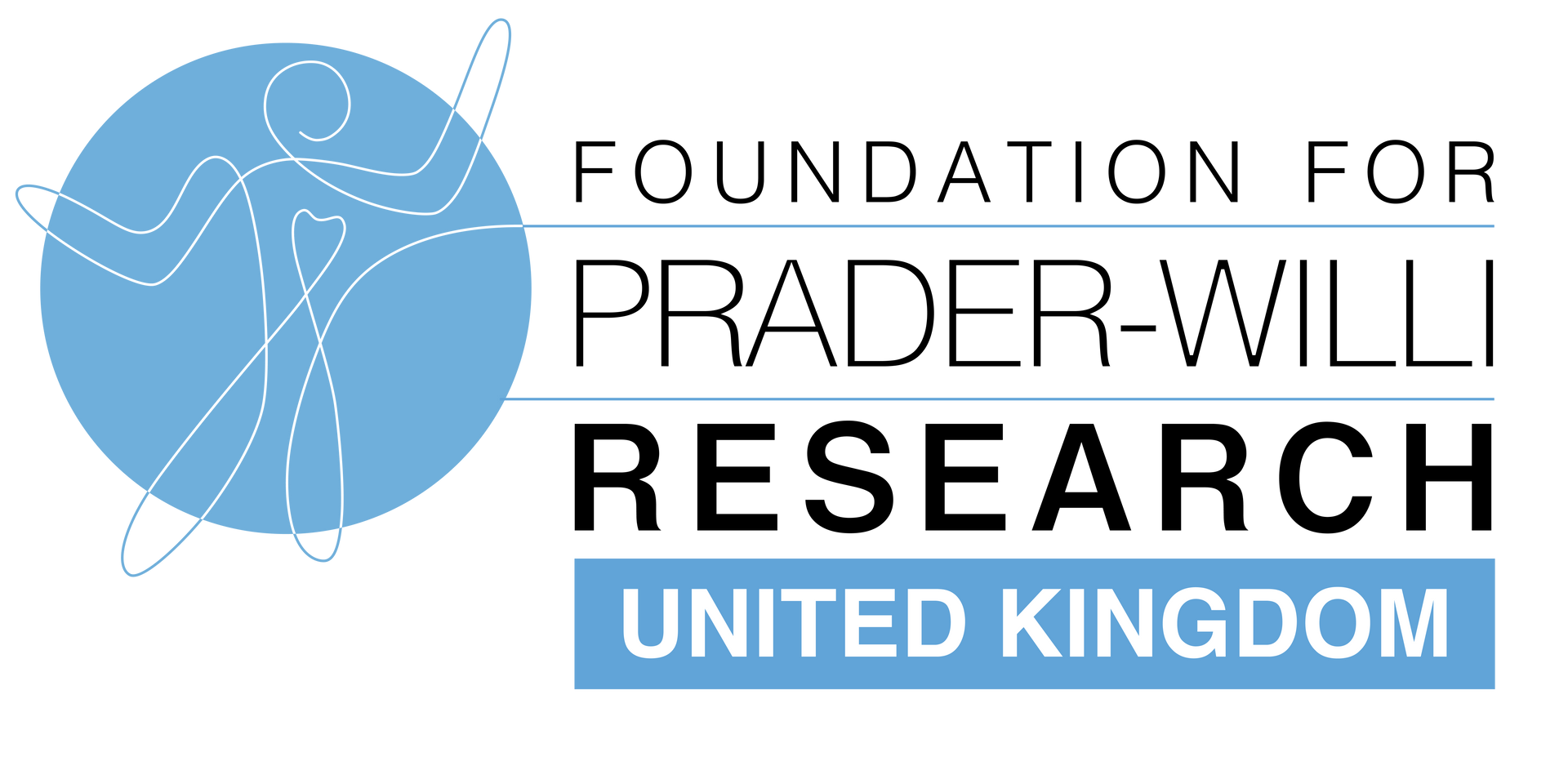
We are working to support PWS clinical trials
Clinical TRials
PWS Stronger Together are working with the pharmaceutical industry to support clinical trials in the UK. We will provide regular updates on progress of the trials.
Currently Recruiting in the UK
Study for people 5-30 years old with Prader-Willi syndrome who have hyperphagia.
The study is being done to test a drug called Carbetocin nasal spray (or ACP-101). Carbetocin nasal spray binds to oxytocin receptors with greater sensitivity than oxytocin, a naturally occurring hormone. In the study, Carbetocin nasal spray or placebo is inhaled through the nose three times each day.
This study will last approximately 19 weeks. It will involve a maximum of 5 visits to the study centre, as well as up to 2 telephone or video calls.
Aardvark Therapeutics is conducting clinical trials to evaluate ARD-101, an investigational oral medication, as a potential treatment for PWS.
ARD-101 is an orally administered small molecule designed to activate specific receptors in the gut, promoting feelings of fullness and reducing excessive hunger. By stimulating the release of hormones like CCK and GLP-1, ARD-101 aims to address the persistent hunger experienced by individuals with PWS.
Clinical Trial FAQ
How do I hear about clinical trials?
FPWR and PWSA will let everyone know about any trials that open in the UK. We'll announce trials on our social channels and on our websites - so please make sure you follow us and check in regularly on www.pwsstrongertogether.co.uk!
Are trials safe?
The safety of people who take part in clinical trials is the number one priority for all pharmaceutical companies and regulators. Before people with PWS participate in trials, the drug or device will undergo thorough safety testing. In addition, pharmaceutical companies must follow strict safety guidelines, contained within their trial protocol. Safety is continuously monitored throughout the whole trial period.
If we took place in the DCCR trial, are we allowed to take part in other new trials?
Yes. For any trial, you must look at the 'eligibility criteria'. For example, the eligibility criteria for Carbetocin say participants must not have used oxytocin, desmopressin (DDAVP), or tesofensine within six months before starting study treatment.
Do other medical conditions impact if I can take part?
They may. Contact the clinical site, which will be able to discuss your specific medical condition and advise you if you can still take part.
Can we only take part if clinics are local to us or are we allowed anywhere if we are prepared to travel?
Yes. Travel is often reimbursed but check with the site when you contact them initially for confirmation.
Do you need to get buy-in from your endocrinologist before embarking on a clinical trial that involves testing a drug?
You don't need to buy in from your endocrinologist to be part of a clinical trial, but you should let them know you are participating. They will be happy to discuss it with you. If you meet the trial's eligibility criteria, you can take part in the trial.
Do health authorities in the different countries (England, Scotland, Wales etc) all generally approve a drug or is it common for say a drug to be approved in England but not Scotland?
One country's health authority may approve a drug but not another. We are working with each authority to educate them about PWS and are ready to support applications for new drugs
What can we do as parents to get drugs approved after the trial has finished?
Parents, caregivers and other parties, such as your endocrine consultant, can all make a difference. The UK regulator (MHRA) and health authorities (who decide if the drug will be available on the NHS) evaluate the data from the trial to see if the drug has a positive impact, i.e. does it work? However, they also want to hear from people with PWS and their caregivers to understand the challenges they face. Being honest about the struggles your family member with PWS faces every day with, for example, hyperphagia, how it impacts their life, mental health, independence, family life, etc, is critical. Our experiences and anecdotes will help regulators and health authorities understand the huge unmet, urgent need and why we desperately need drugs and treatment.
How do I know if my child has hyperphagia enough to take part? eg food focused but don't seek food. Trial needs them to be experiencing hyperphagia?
It would be best if you discussed this with the clinical site. They will know how the trial will assess changes in hyperphagia and be in the best position to advise.
Can I change my mind?
Yes. You can change your mind at any time. Before the trial, you will be provided with all the information you need on the trial. To take part, you'll need to sign a consent form, but you can withdraw your consent at any time.
Does it impact growth hormone treatment?
The clinical site will be able to advise if there's any effect on medications that your family member with PWS may be on.
Is it always the drug or device that comes first? Or is there a patient demand and then the drug is ‘invented’?
A clinical trial looks at the impact a drug OR device has on people who have a particular disease or medical condition. With PWS, a clinical trial may assess if a drug, such as DCCR, reduces hunger. A clinical trial may also evaluate the effectiveness of a device on someone with PWS. For example, the Vagus Nerve Stimulation (VNS) device is currently assessing if it can improve disruptive behaviours and temper outbursts for people with PWS.
"PWS Stronger Together" is a collaboration between The Foundation for Prader-Willi Research UK and The Prader-Willi Association UK. While both organisations maintain independent operations, they join forces for this initiative. For further details, please don't hesitate to get in touch with us.

